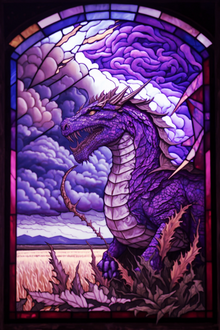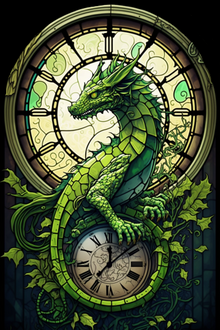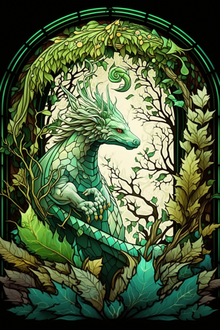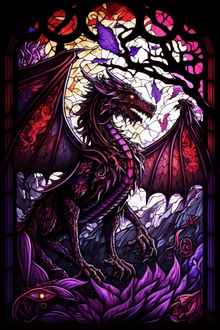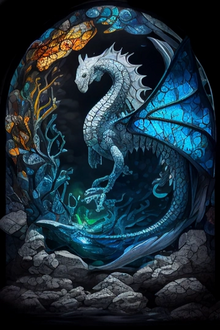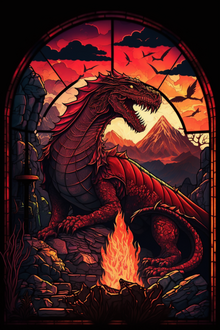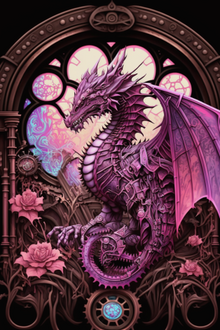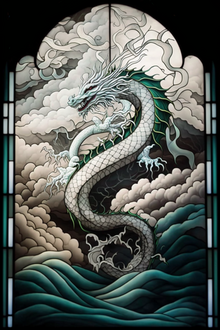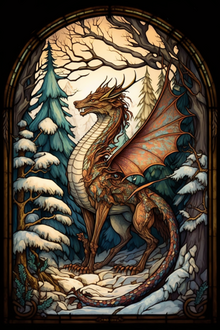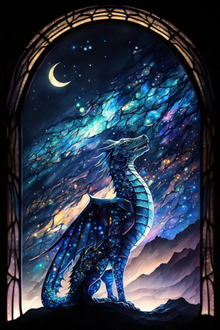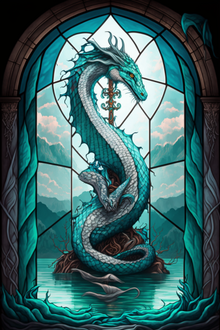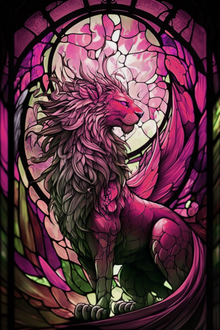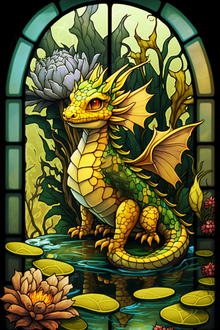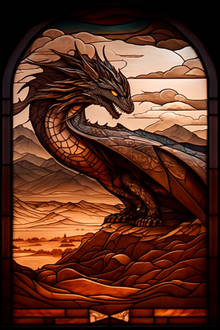| Dragon Worship |
|---|
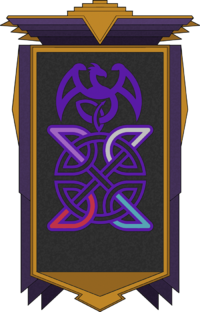 |
| Religion |
|---|
| Pronunciation | Dragon Worship |
|---|
| Origins | Unknown, presumed over 7000 years ago |
|---|
| Deities |
|---|
| Regulus, Yris, Marik, Palatino, Severena, Gaius, Caius, Triton, Aurora, Ballas, Armina, Nox, Zanobi |
Origins
Dragon Worship or Dregodar is commonly believed to be the world’s oldest Religion, one that is uniquely shared by many Races and potentially the most widely worshiped religion across the world, though not the most numerous as it is outnumbered by Estellon and Unionism. Dregodar as a term is often used to refer to Dragon Worshipers, but the term itself comes from western-dominated historical review. After all, the Sihai pre-dated the creation of the Dregodar, and other subsects of Races worshiped Dragons at the same time, perhaps even more numerously than the Elves did. Elven historical telling however dominated the school of historical narration in the west, and as such, this term has become synonymous with it, literally translating to "people of the Dragons". Dragon Worship has undergone some changes over the millennia, and it is generally assumed that what is considered modern Dragon Worship, is nothing like older versions of Dragon Worship, as this religion changes radically with the times and needs of its worshipers. It is unique in the sense that Dragons have worked with and assisted the faithful, but never acted within their own capacity as gods, and occasionally even vocally rejected the idea of of their own divinity. Dragon Worship has more recently exploded back into the public eye, because of relaxing of religious laws, revealing just how pervasive and enduring Dragon Worship actually was, even in the very strongly Unionist Regalian Empire. Finally, it is very important to stress that while evidence exists that implies that Dragons are the true source of creation on Aloria that contradicts the narrative of other Religions, this information is easy to generalize and take out of context, and even the Dragons are quick to say that these things are more nuanced. Dragon worship is not the only ontologically correct Religion, all other Religions are equally as valid, even if Dragon Worshipers can sometimes appeal to a sense of smug superiority in a deeper world understanding.
Core Identity
Dragon Worship is not a traditional Religion with tenets per se, though some of the faithful do find the idea of styling their own life goals, ambitions, and virtues after those of the Dragons. The primary theme of Dragon Worship is preservation of life, or more specifically the cycle of life. To Dragon Worshipers, life itself is the purest expression of spiritual existence, and an act directly ordained by their Gods, the Dragons, who they see as the creators of everything. In the views of Dragon Worshipers, Dragons create life, and are directly responsible for creating all the Races on Aloria, as well as shaping the terrain and circumstances in which these Races live. Their mission for life extends itself as such as a defense against Void Invasions historically speaking, but also the wider issue of Occult mutations and corruptions in creation. To Dragon Worshipers, creation made by Dragons is perfection, and the Occult is a poison that ruins and destroys that perfection and turns creation into abomination. It is important to note that the preservation of life is applied selectively and not whole-sale against any form of death. For example, diseases are "natural" to Aloria, as is the free will used to murder someone, and as such, these forms of death are considered part of the cycle of life, and giving birth to future souls yet unborn. It's important to stress that not all Dragon Worshipers see the duty to life as an ordained mission to stop any and all death, but rather that they selectively decide what types of death are part of the cycle of rebirth, and which ones are corruption, which more often than not tilts against the favor of the Occult. Even within Dragon Worship, there are three sub-pantheons, which have different general ideas of how to deal with the occult. The Vestige Faction believes that the Occult is a terrible corruption on the world, but that violence against the Occult should not compromise the preservation of life, and that as such, letting the Occult live out their lives and containing future spreading is the preferred method. The Benign Faction believes that the Occult is terrible, but that the responsibility for dealing with the negative after effects fall entirely on creation itself, and that there is no divine mission to purge it from the world, instead focusing on the natural tasks of the world that Dragons must continue to maintain. The final faction is the Cleansing Faction, which believes cleansing fire is the only solution to burn out the Occult from the world and return it to a pure state from before the first Void Invasion, to burn away all the things that were not made by design, and disregard the collateral damage and death inflicted while doing so. Unlike other Religions Dragon Worship does not have a traditional concept of Vices and Virtues, though many do style themselves after the enlightened intellect of Dragons as role models. Dragon Worship does have an afterlife, which is the Soul Rivers controlled by Armina.
Worship
Worship among Dragon Worshipers is complicated to pin down, because there is no single adopted method of actively worshiping a Dragon or praying to them. Many Dragon Worshipers perform whatever ritual, custom, or habit that they are personally comfortable with. Some have tapestries depicting the Dragons, others have statues, and others yet only symbolize the dragons on a necklace. Worship can occur in groups or on an individual basis, and there is no real "book" on how to perform worship or how to be a good believer. The only real structure that exists in Dragon Worship, is that each Dragon Throne (a term used to define a Draconic leader and God) has a so-called Matron (which can be any gender) to represent their personal will among the people. These Matrons hold some high position in the faith, but also don't strictly have authority over the faithful, they just communicate the wishes of the Dragons and are as such considered respectable. Any person can become a Dragon Priest, being a Dragon Priest just involves understanding the ideologies and ideals of the Dragons, and being able to fulfill spiritual belief and desire among the faithful in group or individual settings.

